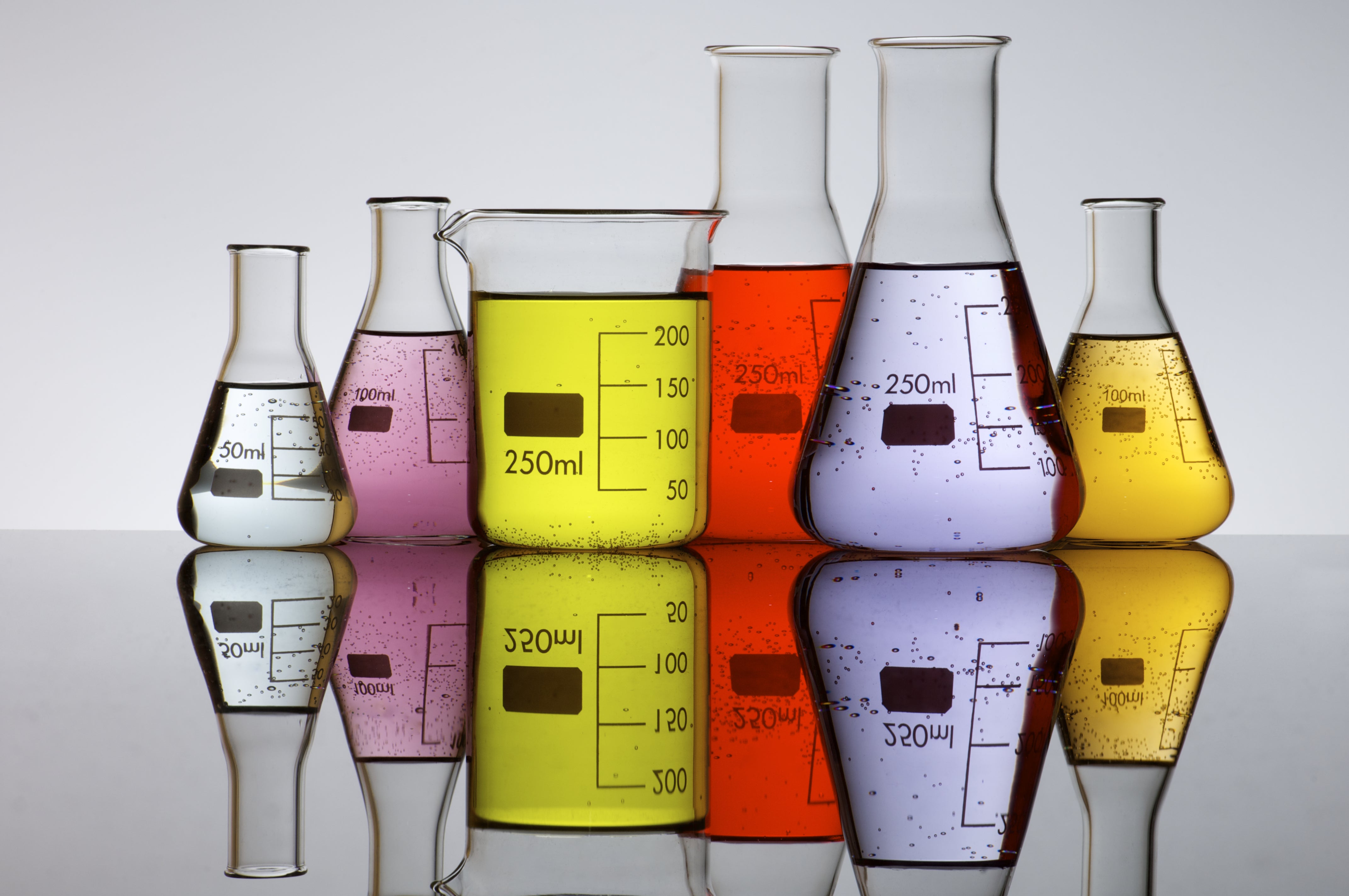Laboratory glassware is an essential tool for many scientific experiments and research studies. The accuracy and precision of the measurements obtained from these instruments are critical for the validity of the results. Different types of laboratory glassware have varying levels of accuracy due to their design and manufacturing processes.
One type of laboratory glassware that is known for its high accuracy is precision glassware. These instruments are specially designed and manufactured to have very tight tolerances, making them ideal for precise measurements. Examples of precision glassware include burettes, micropipettes, and thermometers. These instruments are typically made from high-quality borosilicate glass, which is known for its chemical resistance and low thermal expansion. They are also calibrated at the factory to ensure accurate measurements.
Another type of laboratory glassware that is commonly used is volumetric glassware. These instruments are used to measure specific volumes of liquids, and are often used in titration experiments. Examples of volumetric glassware include graduated cylinders, flasks, and pipettes. Volumetric glassware is typically made from borosilicate glass and is also calibrated at the factory to ensure accurate measurements. However, due to the nature of their design, volumetric glassware may not be as precise as precision glassware.
A third type of laboratory glassware is called routine glassware. These instruments are used for general laboratory work and do not require the same level of precision or accuracy as precision or volumetric glassware. Examples of routine glassware include beakers, test tubes, and funnels. Routine glassware is typically made from borosilicate glass or soda-lime glass, and is not typically calibrated at the factory. As a result, measurements obtained from routine glassware may not be as accurate or precise as those obtained from precision or volumetric glassware.
In conclusion, the accuracy of laboratory glassware depends on the type of glassware, how it is being used, the accuracy of the instrument, the manufacturing and calibration processes. Precision glassware is known for its high accuracy due to tight tolerances and calibration at the factory, while volumetric glassware is also accurate but not as precise. Routine glassware, on the other hand, is not calibrated at the factory and is not as accurate as the other two types of glassware.
It's important to note that TN LAB's quality control process is a critical aspect of our operation. Our laboratory glassware is regularly tested to ensure accuracy of the measurements obtained from these instruments.



